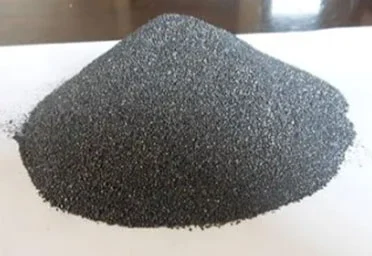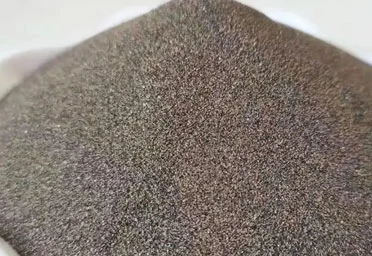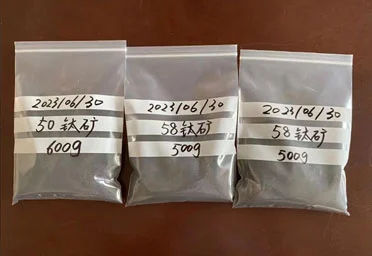Titanium dioxide is mainly made of ilmenite, rutile and high titanium slag, and naturally occurring TiO2 also exists widely. High-titanium slag is heated by an electric furnace to melt titanium ore, so that titanium dioxide and iron in titanium ore are melted and separated to obtain a high-content titanium dioxide concentrate.



Titanium dioxide (TiO2) products come in various grades, each tailored to meet specific requirements in different industries. Rutile TiO2, with its tetragonal crystal structure, is recognized for durability and weather resistance, making this type of minerals non metallic suitable for high-performance applications in coatings, plastics, and specialty papers. Anatase TiO2, distinguished by a different crystal structure, is chosen for its higher reactivity and finds use in applications emphasizing brightness, such as paints, inks, and certain plastics. Nano-sized TiO2 particles, operating at the nanoscale, exhibit enhanced properties like increased surface area and improved photocatalytic activity, making them valuable in sunscreens, coatings, and environmental applications.
Surface-treated TiO2, modified with coatings like alumina or silica, enhances dispersibility and compatibility in various matrices. Specialty and high-performance grades cater to specific applications, such as food-grade TiO2 for the food and cosmetic industries. The selection of a TiO2 grade depends on factors like particle size, crystal structure, and intended use, with manufacturers providing detailed data sheets to guide users in choosing the most suitable product for their needs.
